Don't blame salt alone for high BP
Wed 29 Apr 2015
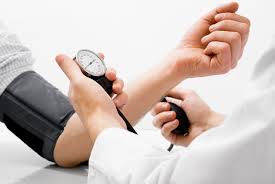
Lack of potassium in the diet, not a little more salt than what is currently recommended, is linked to higher blood pressure (BP), new research says. The researchers found that adolescent girls, who consumed more dietary potassium had lower BPs in later adolescence."In contrast, the data indicated no overall effect of sodium intake alone on BP, and, thus do not support the call for a global reduction in sodium intake among children and adolescents," said Lynn Moore from Boston University School of Medicine.
Eating 3,000 mg per day of salt or more appears to have no adverse effect on blood pressure in adolescent girls, while those girls who consumed 2,400 mg per day or more of potassium had lower blood pressure at the end of adolescence, the findings showed.
The World
Health Organisation recommends people to consume no more than 2,000 mg of sodium a day. The current Dietary Guidelines for Americans recommends limiting sodium intake to less than 2,300 mg per day for healthy individuals between the ages of two and 50.
Health Organisation recommends people to consume no more than 2,000 mg of sodium a day. The current Dietary Guidelines for Americans recommends limiting sodium intake to less than 2,300 mg per day for healthy individuals between the ages of two and 50.
The researchers examined the long-term effects of dietary sodium and potassium on blood pressure at the end of adolescence. The authors involved 2,185 girls (ages nine to 10) who were followed up for 10 years.
Overall, girls in the highest category of potassium intake (2,400 mg per day or more) had lower late-adolescent systolic and diastolic blood pressure than those girls who consumed less potassium, the results showed.
The study was published online in the journal JAMA Pediatrics.
No Comments For This Post, Be first to write a Comment.
Most viewed from Health
AIMIM News
Latest Urdu News
Most Viewed
May 26, 2020
Is it right to exclude Bangladesh from the T20 World Cup?
Latest Videos View All
Like Us
Home
About Us
Advertise With Us
All Polls
Epaper Archives
Privacy Policy
Contact Us
Download Etemaad App
© 2026 Etemaad Daily News, All Rights Reserved.


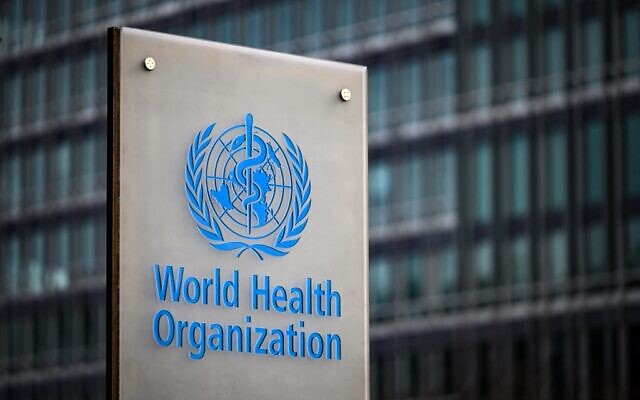
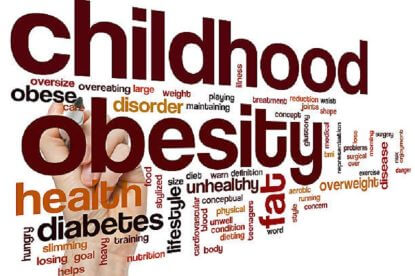




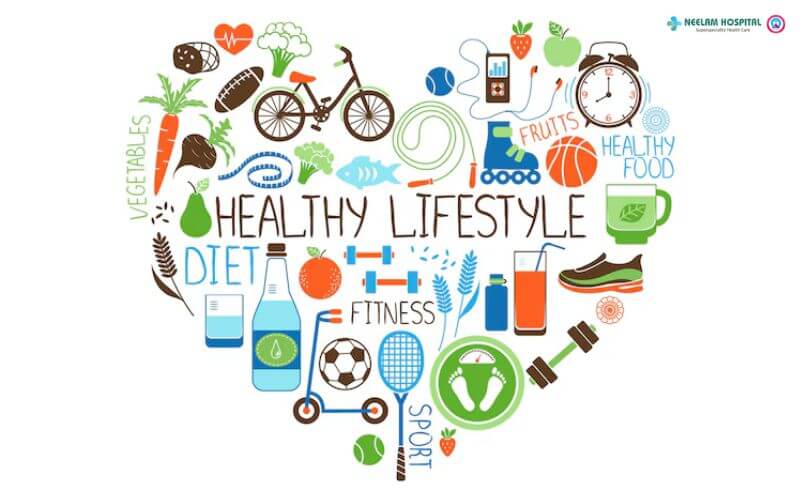


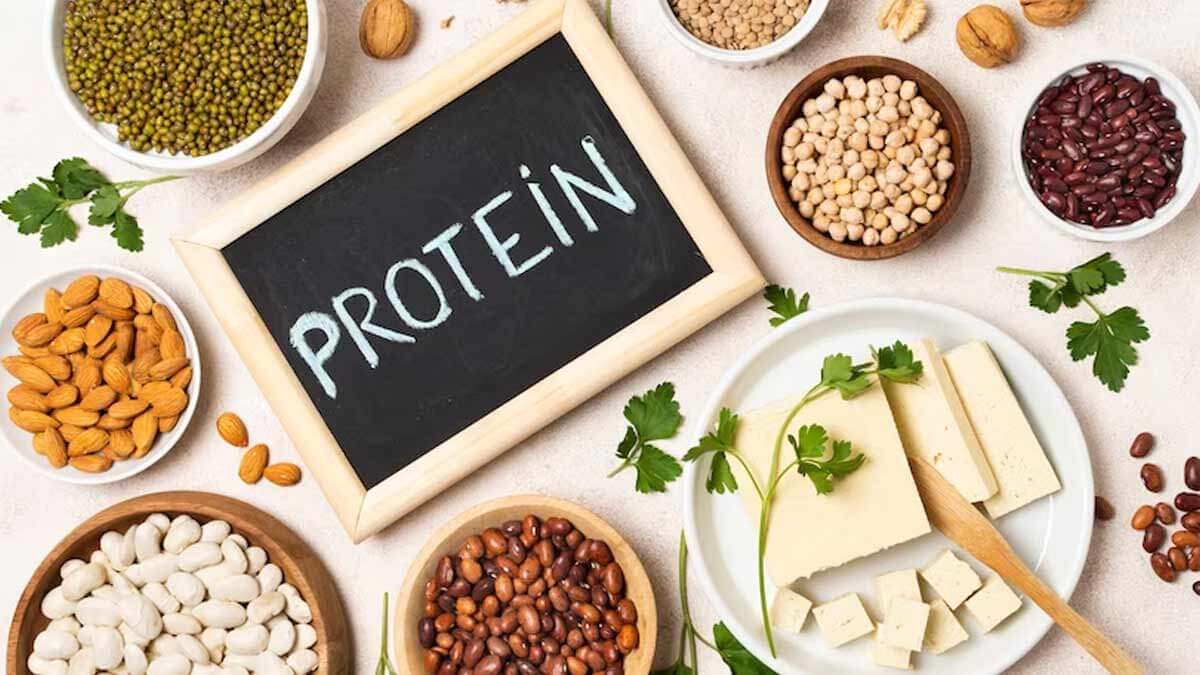













.jpg)
.jpg)
.jpg)


